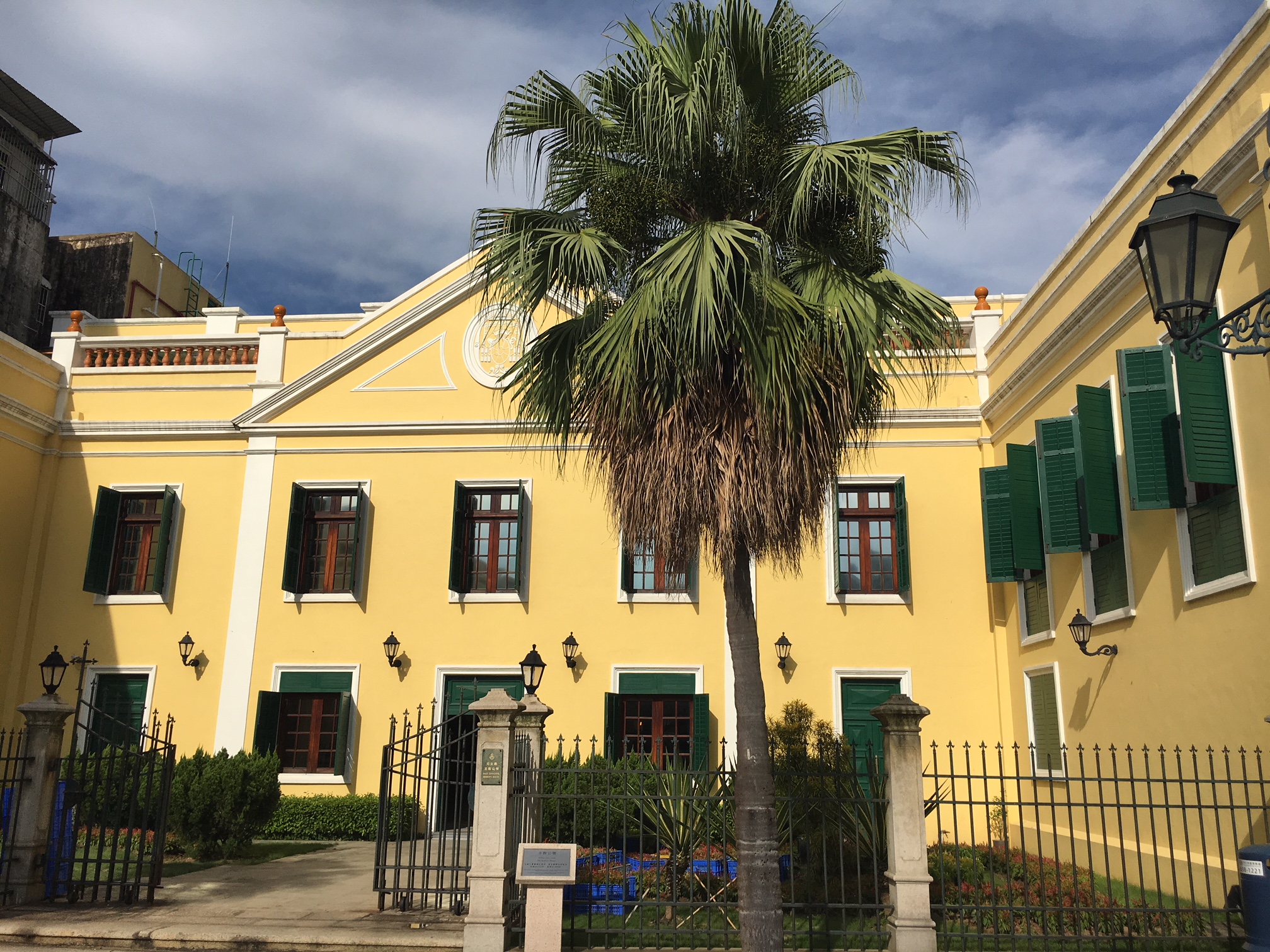I am teaching a new course “Theoretical Foundations of Global Studies Theory,” so I am reading broadly right now, particularly in the area of postcolonialism and critical theory. One of the best books that I have read has been Pal Ahluwalia’s Out of Africa, which argues that the roots of French postcolonialism lie in that nation’s long and tortured history in Algeria. He makes the argument by tracing the lives of key thinkers -Camus, Sartre, Cixous, Lyotard, Fanon, Derrida and Bourdieau- to show how their Algerian experience shaped their writings. In Algeria, the key question that people faced was “What is my identity?” Europeans from many nations adopted a persona of being more French than the French, in order to distinguish themselves from the Arab population. But this identity was contingent. For example, Algeria’s Jews first received citizenship, then lost it under Vichy France, and did not have it reinstated until six months after the war. This context shaped, for example, the experience of Helene Cixous, the famous feminist scholar. As the war forced people to take sides and decide on their identity -did they really belong in their homeland?- multiple academics experienced exile. …
Pal Ahluwalia’s Out of AfricaRead More »

